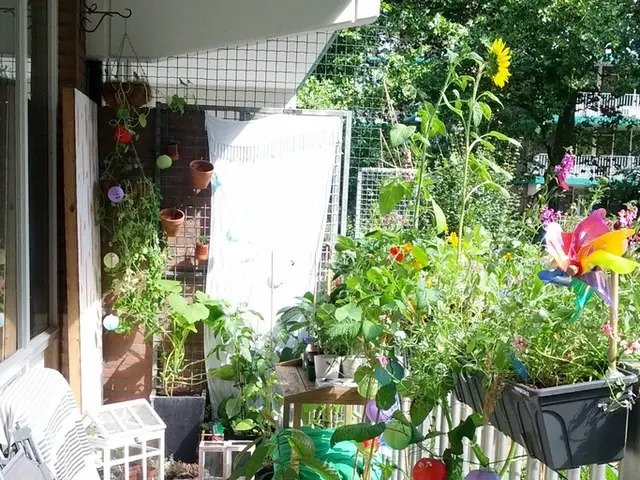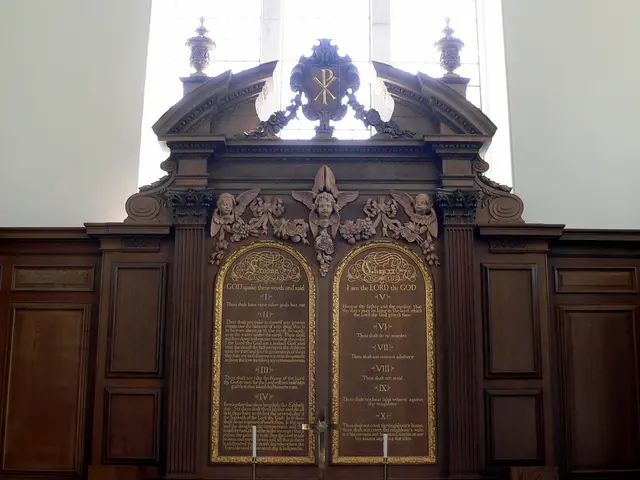The property belonging to late beer magnate Emma Fillitz is being offered for purchase in Ekaterinburg.
In the heart of Yekaterinburg, nestled on Malaya Yelizaveta Street, lies a piece of history that has been largely overlooked – the Emilia Filitz Estate. Built in 1896 by renowned architect Julius Dutel in the style of Russian modernism, this 632 square meter property has been a significant part of the city's past, yet remains shrouded in mystery.
Emilia Filitz, a second-guild merchant, made her mark in the local brewing industry, owning around ten beer shops, two warehouses, and two upscale restaurants serving Russian-European cuisine. One of her restaurants, aptly named "Public Assembly", was a hub of social activity in the city.
Despite being a native of Königsberg, Emilia chose to stay in Yekaterinburg, where she built her empire. However, her journey was not without challenges. In 1917, she was threatened with eviction from her estate. A guest at one of her restaurants stepped in to prevent this, ensuring that Emilia could continue her successful business ventures.
The estate's subsequent uses have been varied. After Emilia's departure, it was converted into a kindergarten. Later, it served as a trade union building. Today, the property stands as a testament to Yekaterinburg's rich history, waiting to be transformed into a museum, gallery, cultural centre, residence, representative office, or premium-class office.
The estate, which covers a land plot of 844 square meters, is currently up for sale at 150,000 rubles per square meter. Despite the lack of detailed information about Emilia Filitz and her estate in accessible sources, her annual turnover of around 100,000 rubles, equivalent to approximately half a billion rubles in today's money, speaks volumes about her business acumen.
Interestingly, during the dry law years, Emilia converted her factory to produce fruit waters, demonstrating her adaptability in the face of adversity. Despite the revolution, Emilia did not flee the city with Kolchak's troops, choosing to remain in Yekaterinburg.
As we delve deeper into the life of Emilia Filitz and her historic estate, it's clear that there is much more to discover about this lesser-known figure in Yekaterinburg's history. Further research and exploration may yet unveil the full story of this remarkable woman and her legacy.
Emilia Filitz's historic estate, a significant piece of Yekaterinburg's past, with its rich history of being a hub for social activity and a home-and-garden oasis, could potentially be transformed into a lifestyle museum showcasing her business ventures and Russian-European cuisine. Despite facing financial challenges in the past, her adaptability, as seen in converting her factory to produce fruit waters during the dry law years, showcases her lifestyle as a successful and resilient entrepreneur.




